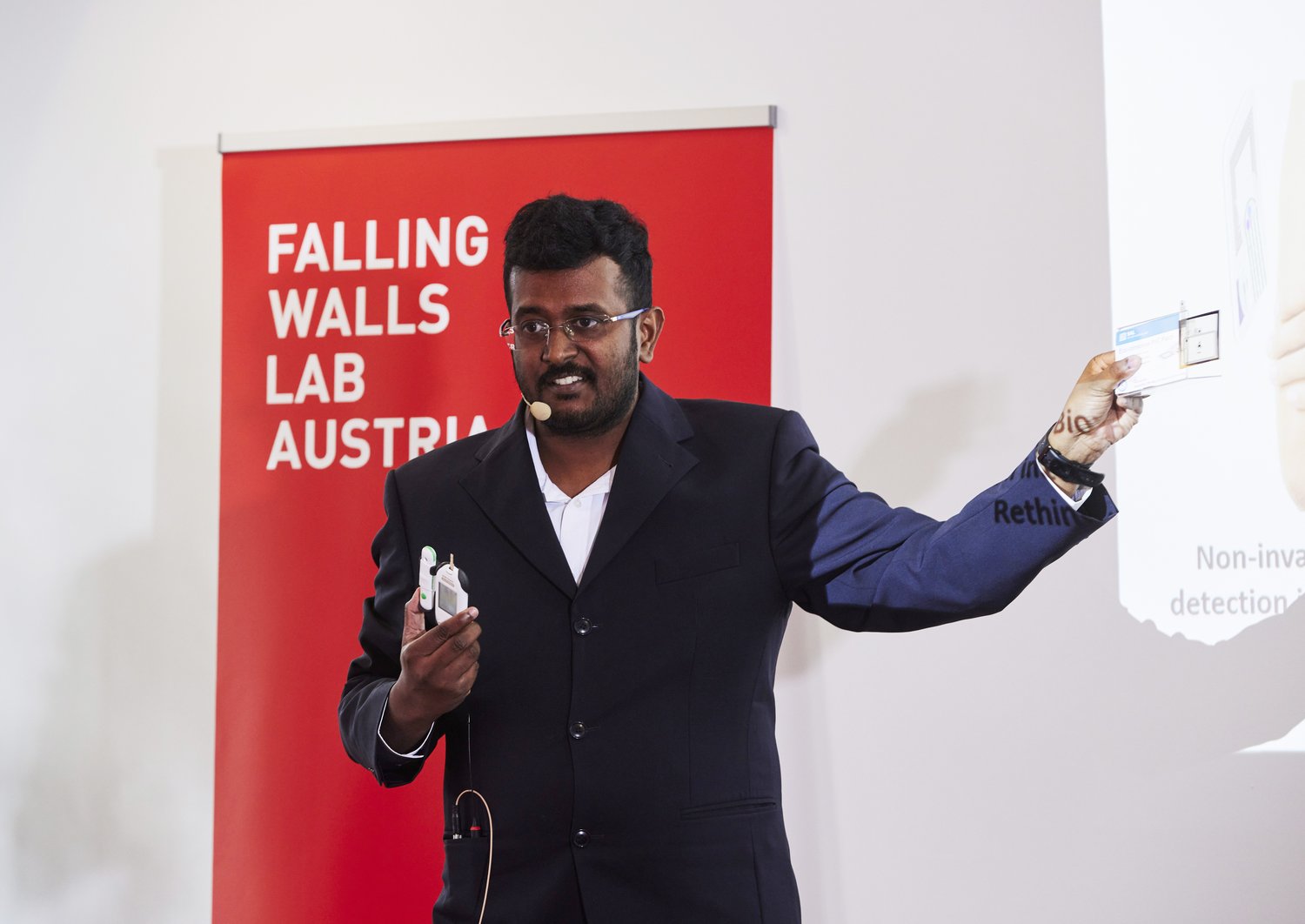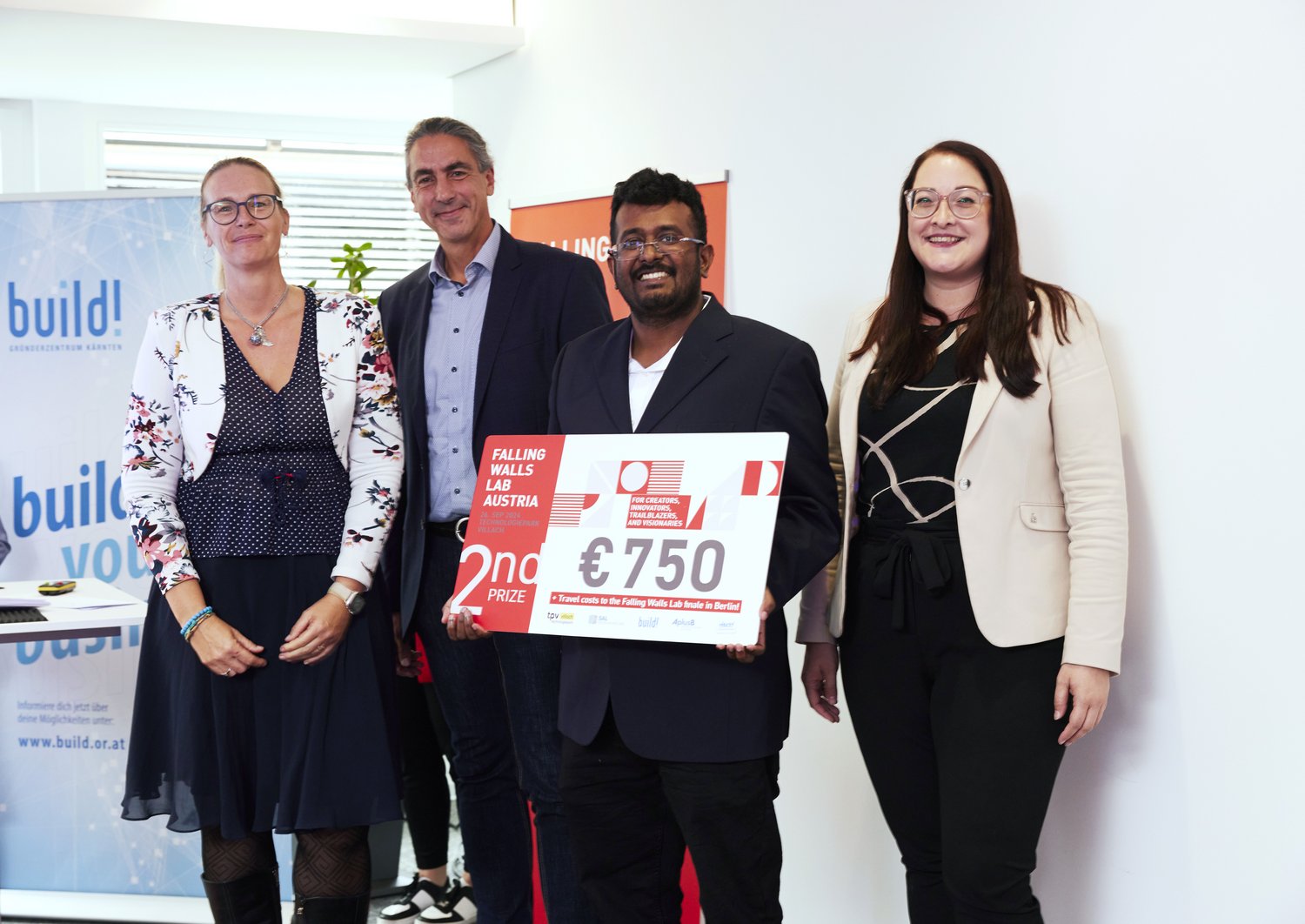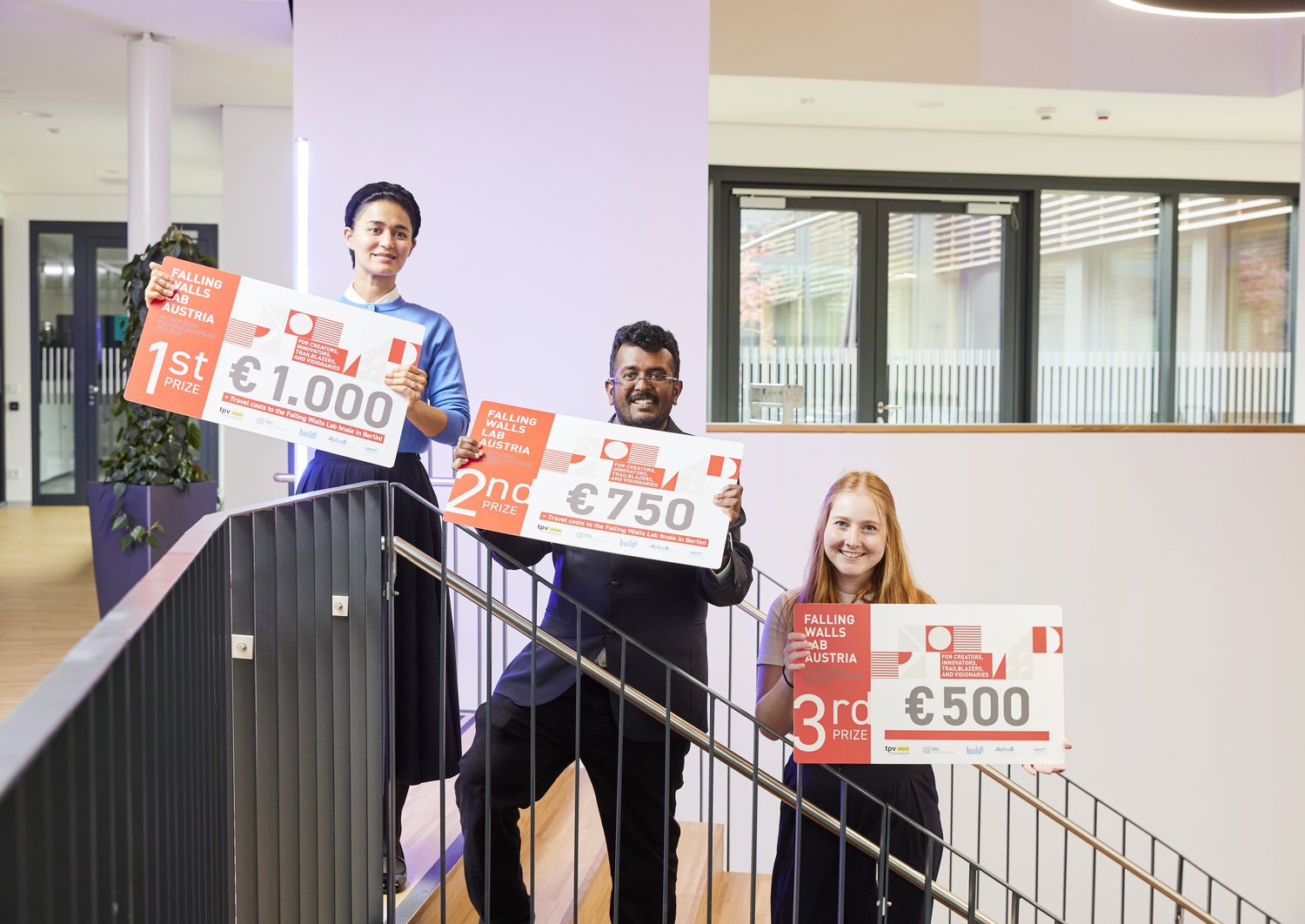Did you know that electronic waste is the fastest growing source of waste in the world? The healthcare industry is contributing to approximately 10% of this waste. Just take diabetes as an example: Over 500 million people are living with diabetes worldwide. To lead a healthy life despite the diagnosis, patients rely on single-use sensors to monitor their glucose levels. While these sensors are essential, life-saving tools, they also contribute to the growing problem of electronic waste, which contaminates landfills and ecosystems. The solution? Making the switch from conventional sensors to biodegradable and reusable ones.
Rethink, reuse, reduce: The idea of living more sustainably according to the three “Rs” could also be applied to health care and especially diabetes monitoring, according to researcher Mani Teja Vijjapu. The scientist for “Advanced Sensors and Electronics Technologies” at the Austrian top research center Silicon Austria Labs recently pitched the innovative idea of sustainable sensors for diabetic care at the Falling Walls Lab Austria, where he won the second place.
“There is an urgent need for sustainable point-of-care diagnostic devices in health care. Me and my team are currently developing a new sensing system for diabetic patients to monitor their glucose levels. It consists of a biodegradable sensor patch and a reusable electronic patch. By replacing conventional, single-use sensors with biodegradable and reusable ones, we can significantly reduce electronic waste in diabetic care. The sensor patch communicates wirelessly with a smartphone, transferring all the relevant data directly to the patient without the need for additional devices. In short, our solution is less expensive, less painful for the patient and more sustainable – all while maintaining the same level of accuracy and functionality!” says Mani Teja Vijjapu.
Combined European strengths behind the idea
The idea first originated in the project EECONE (European Ecosystem for Green Electronics), a huge collaborative initiative to reduce electronic waste on a European scale. To this end, 48 partners from 16 different European countries have joined forces to propose practical solutions. Silicon Austria Labs is coordinating the use case for sustainable health monitoring devices for the consortium consisting of Infineon Austria, SYNANO BV (Netherlands), CSEM (Switzerland), Fraunhofer ISC (Germany) and Orbotech (Israel). The objective is to provide the fast-growing market of point-of-care sensors with practical alternatives that generate a minimal amount of electronic waste. Biodegradable, reusable sensors for diabetic patients are just the first example for practical applications that will revolutionize our health care systems.
About Mani Teja VijjapuScientist Mani Teja Vijjapu works in the research unit for “Advanced Sensors and Electronics Technologies” at Silicon Austria Labs. He holds a Ph.D. in Electrical Engineering from KAUST in Saudi Arabia. His research focuses on semiconductor device technologies, particularly on green electronics, biomedical sensors, environmental monitoring, and bio-mimetic devices. Mani is dedicated to driving innovation in electrical engineering and materials science. On September 26, 2024, Mani took part in the Falling Walls Lab competition where he presented the idea of biodegradable, reusable sensor systems for diabetic patients. His pitch won him second place and thus a ticket to the prestigious Falling Walls Lab Berlin, where he presented his idea again in front of an even bigger audience on November 7. |







